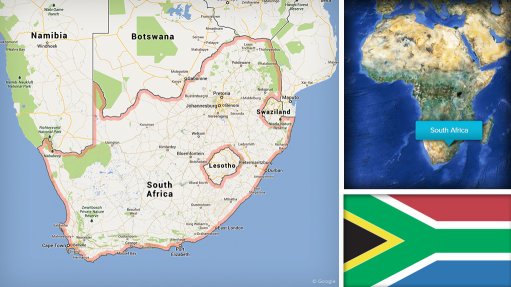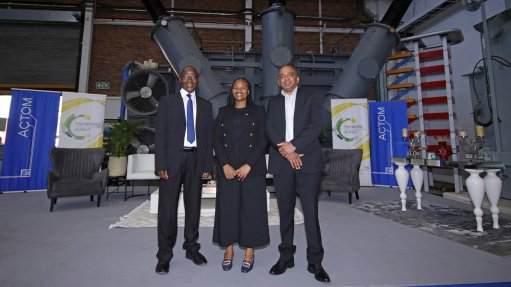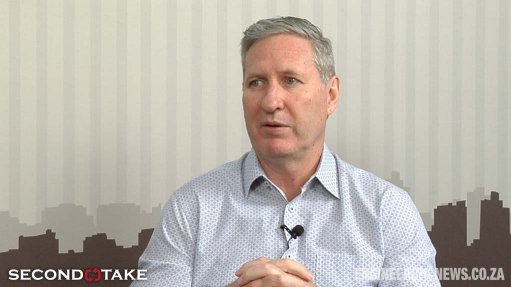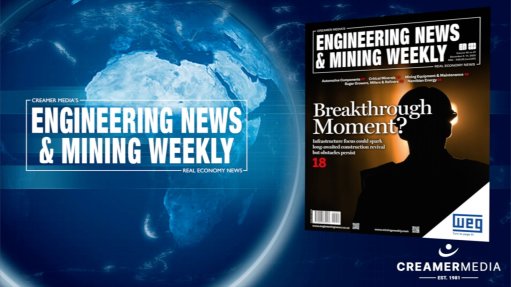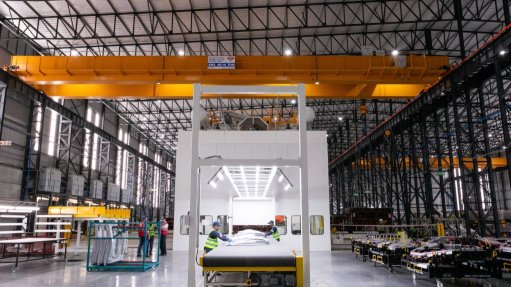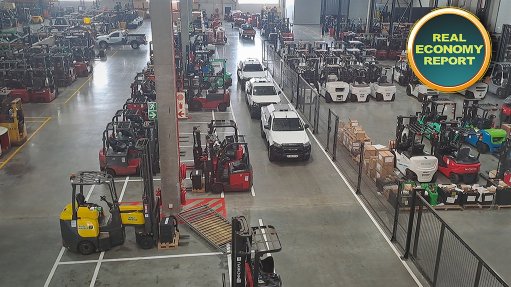WEF report spotlights stagnating global cooperation, calls for leadership on shared challenges
Global cooperation has stalled amid rising geopolitical tensions and instability, but opportunities for progress in climate finance, health and innovation could offer a glimmer of hope. This is according to the World Economic Forum’s (WEF’s) latest ‘Cooperation Barometer report.
The barometer assesses global cooperation, revealing that the heightened competition and conflict, while highlighting areas where leaders can drive progress through innovative collaboration.
The WEF’s flagship yearly report has underscored the urgency of addressing shared challenges and offers leaders guidance on what cooperation could entail in a shifting world. The barometer, developed in collaboration with McKinsey & Company, uses 41 indicators to measure the current state of global cooperation.
The aim is to help leaders understand cooperation across five pillars: trade and capital flows, innovation and technology, climate and natural capital, health and wellness, and peace and security.
Now in its second edition, the barometer uses new data to provide an updated picture of the global cooperation landscape, with a particular focus on the impact of the technological age.
“The barometer is being released at a moment of great global instability and at a time when many new governments are developing agendas for the year, and their terms, ahead. What the barometer shows is that cooperation is not only essential to address crucial economic, environmental and technological challenges, it is possible within today’s more turbulent context,” says WEF CEO and president Børge Brende.
McKinsey & Company global managing partner Bob Sternfels says that advancing global innovation, health, prosperity and resilience requires new mechanisms for leaders to collaborate on key priorities, balancing against those they disagree on.
The latest edition of the barometer posits that global cooperation is at a critical juncture. The report’s analysis shows that after trending positively for a decade and surpassing pre-pandemic levels, overall cooperation has stagnated.
This has been driven by a sharp decline of the peace and security pillar of the barometer over the past seven years, caused by mounting geopolitical tensions and competition that have significantly eroded global collective security.
Levels of conflict and attendant humanitarian crises have increased in the past year to record levels, driven by crises including, but not limited to, the Middle East, Ukraine and Sudan.
As the largely stable cooperative order that defined the post-Cold War period is giving way to a more fragmented landscape, solutions to pressing challenges – from climate action to technological governance – require collaboration, the report emphasises.
Despite the global security crises, the new findings indicate that collaboration has continued in various areas including vaccine distribution, scientific research, renewable energy development, and more – offering models for future cooperation.
While peace and security have declined, other pillars of the barometer remain resilient, offering opportunities for international cooperation. This includes overall global cooperation on technology and innovation advancing in 2023, in part owing to digitisation of the global economy.
Emerging technologies like AI is reshaping the global landscape, raising the possibility of a new frontline of geostrategic competition or even an “AI arms race”, the report warns.
Cooperative leadership and inclusive strategies will be key to harness potential while managing risks.
Moreover, cooperation on climate goals improved over the past year, with increased finance flows and higher trade in low-carbon technologies such as solar, wind and electric vehicles.
However, the report emphasises that urgent action is required to meet net-zero targets as global emissions continue to rise, with greater global cooperation pivotal to scale up technologies and secure the financing needed to meet climate goals by 2030.
Also, some health outcomes, including life expectancy, continued to improve post-pandemic, but overall progress is slowing compared to pre-2020.
While cross-border assistance and pharmaceutical research and development have declined, and cooperation on trade in health goods and international regulations stalled, various health metrics including child and maternal mortality remain strong, the report shows.
It calls on leaders to invest in global cooperation to bolster public health and sustainable health systems.
Metrics related to the flow of goods and services, trade, capital and people had mixed outcomes in 2023. Goods trade declined by 5%, driven largely by slower growth in China and other developing economies, while global fragmentation continued to reduce trade between Western and Eastern-aligned blocs. Despite this, global flows of services, capital and people showed resilience.
Foreign direct investment surged, particularly in strategic sectors like semiconductors and green energy, while labour migration and remittances rebounded strongly, surpassing pre-pandemic levels.
The report calls for adaptive, solutions-driven leadership to navigate a turbulent global landscape.
Article Enquiry
Email Article
Save Article
Feedback
To advertise email advertising@creamermedia.co.za or click here
Comments
Announcements
What's On
Subscribe to improve your user experience...
Option 1 (equivalent of R125 a month):
Receive a weekly copy of Creamer Media's Engineering News & Mining Weekly magazine
(print copy for those in South Africa and e-magazine for those outside of South Africa)
Receive daily email newsletters
Access to full search results
Access archive of magazine back copies
Access to Projects in Progress
Access to ONE Research Report of your choice in PDF format
Option 2 (equivalent of R375 a month):
All benefits from Option 1
PLUS
Access to Creamer Media's Research Channel Africa for ALL Research Reports, in PDF format, on various industrial and mining sectors
including Electricity; Water; Energy Transition; Hydrogen; Roads, Rail and Ports; Coal; Gold; Platinum; Battery Metals; etc.
Already a subscriber?
Forgotten your password?
Receive weekly copy of Creamer Media's Engineering News & Mining Weekly magazine (print copy for those in South Africa and e-magazine for those outside of South Africa)
➕
Recieve daily email newsletters
➕
Access to full search results
➕
Access archive of magazine back copies
➕
Access to Projects in Progress
➕
Access to ONE Research Report of your choice in PDF format
RESEARCH CHANNEL AFRICA
R4500 (equivalent of R375 a month)
SUBSCRIBEAll benefits from Option 1
➕
Access to Creamer Media's Research Channel Africa for ALL Research Reports on various industrial and mining sectors, in PDF format, including on:
Electricity
➕
Water
➕
Energy Transition
➕
Hydrogen
➕
Roads, Rail and Ports
➕
Coal
➕
Gold
➕
Platinum
➕
Battery Metals
➕
etc.
Receive all benefits from Option 1 or Option 2 delivered to numerous people at your company
➕
Multiple User names and Passwords for simultaneous log-ins
➕
Intranet integration access to all in your organisation






